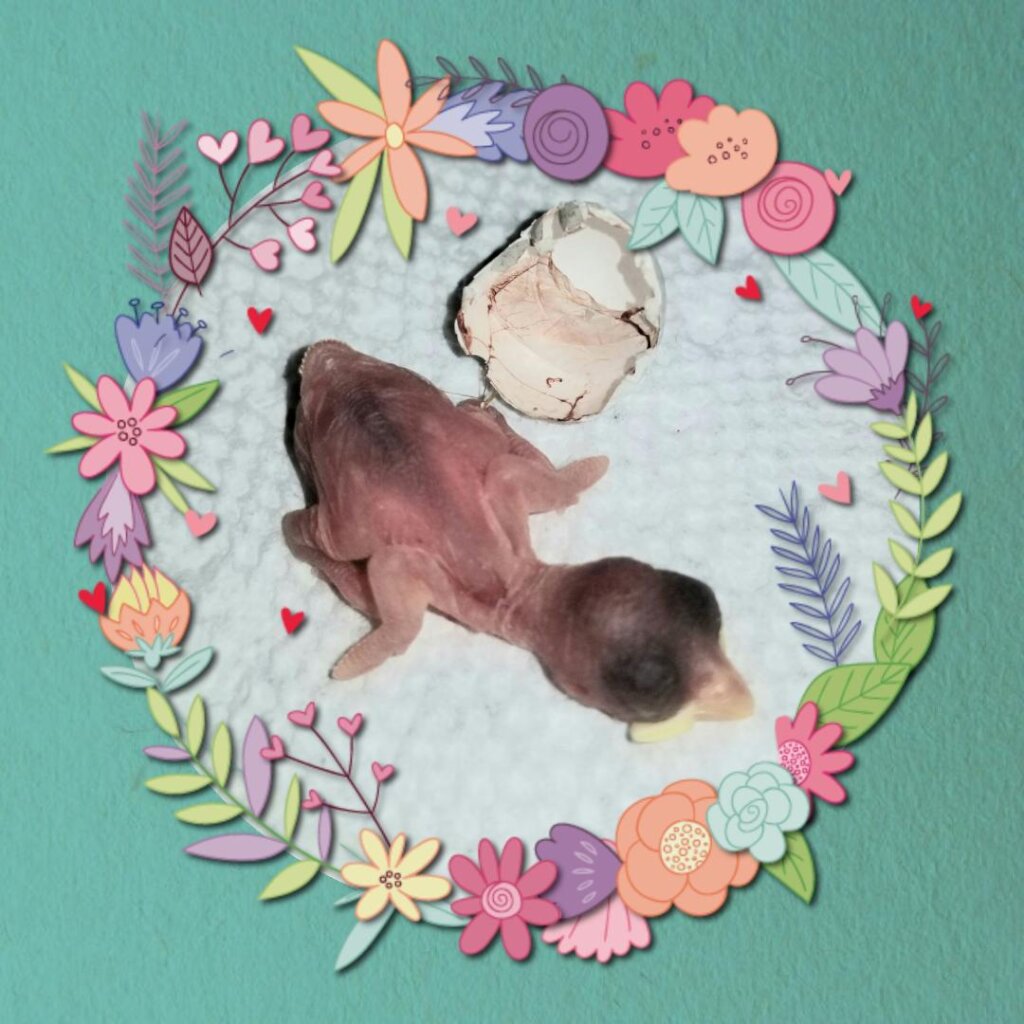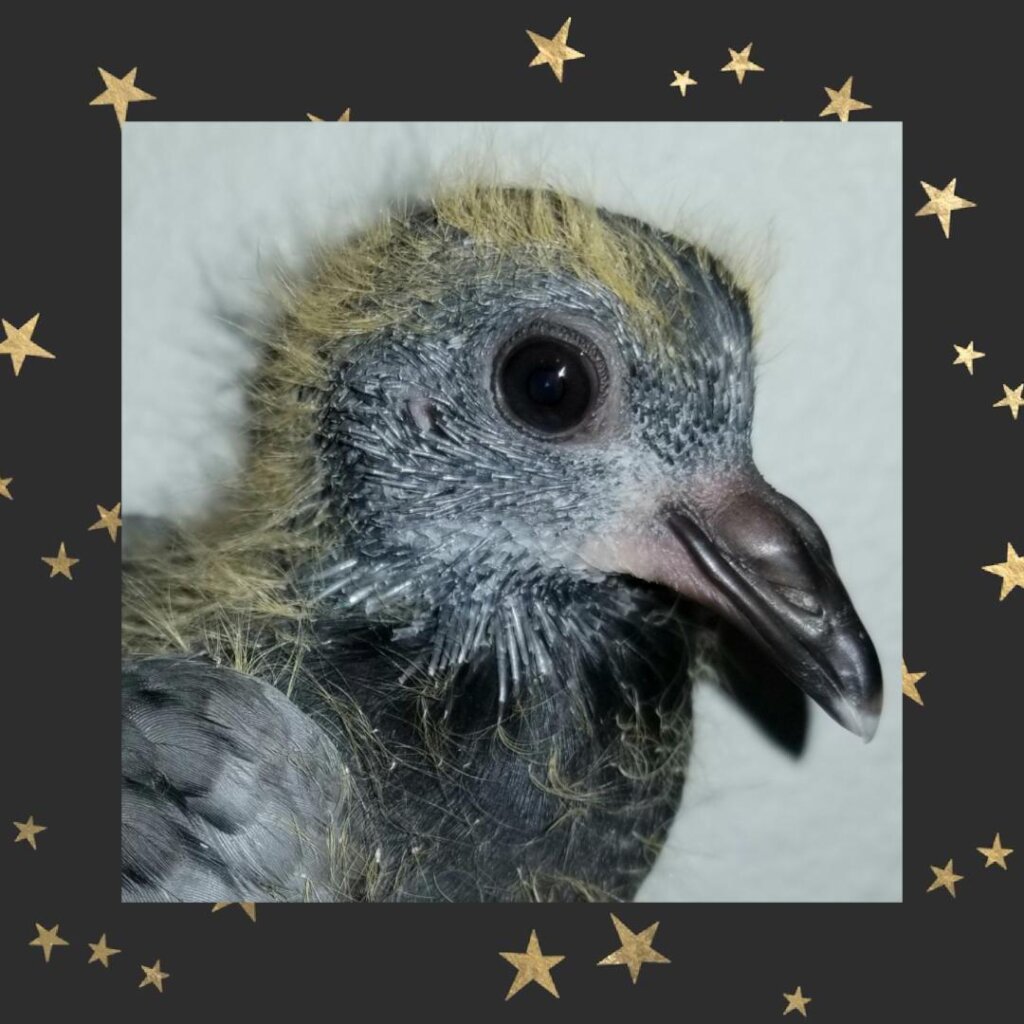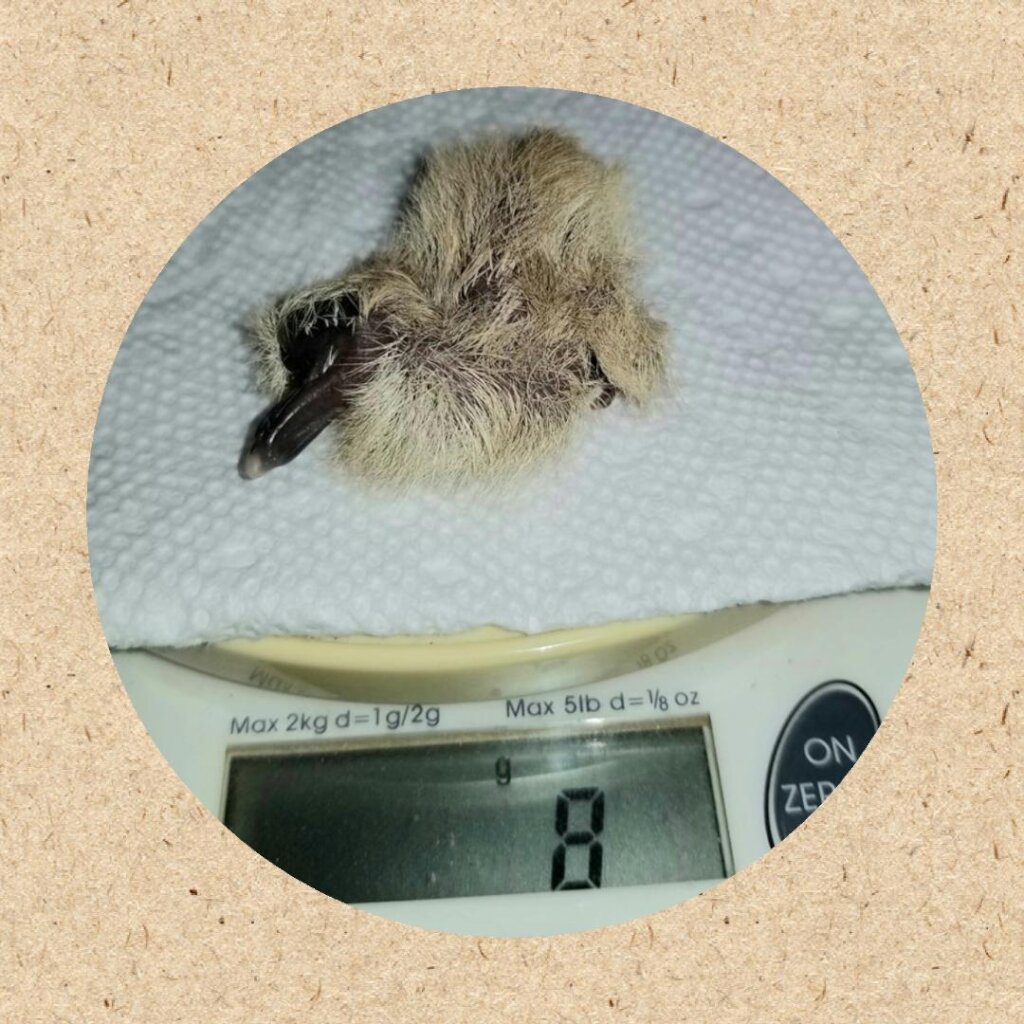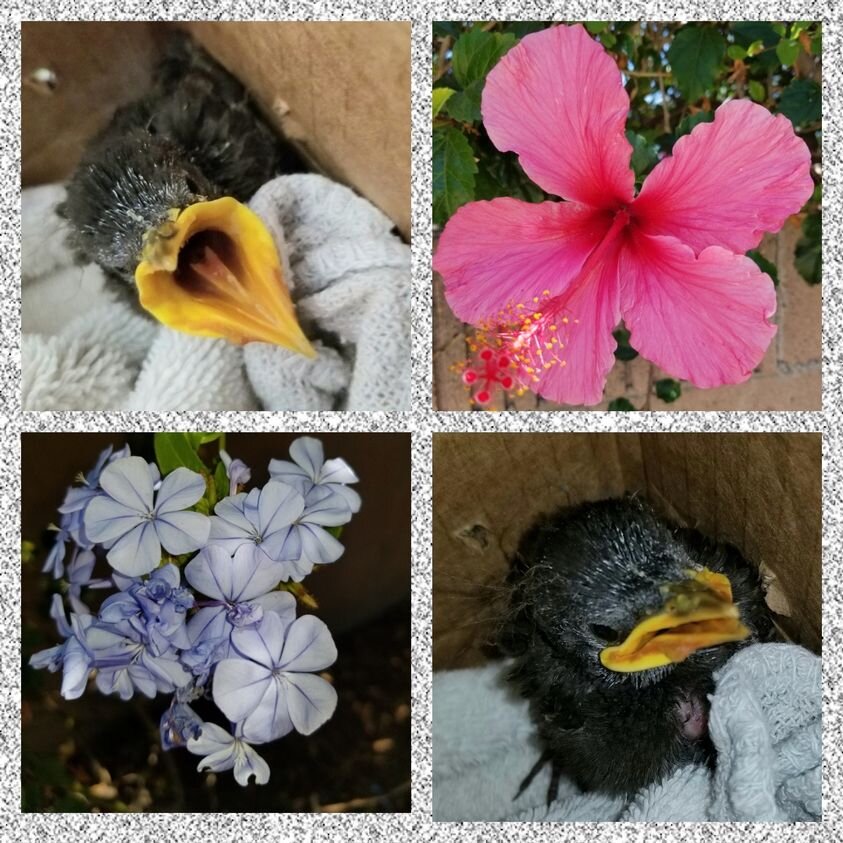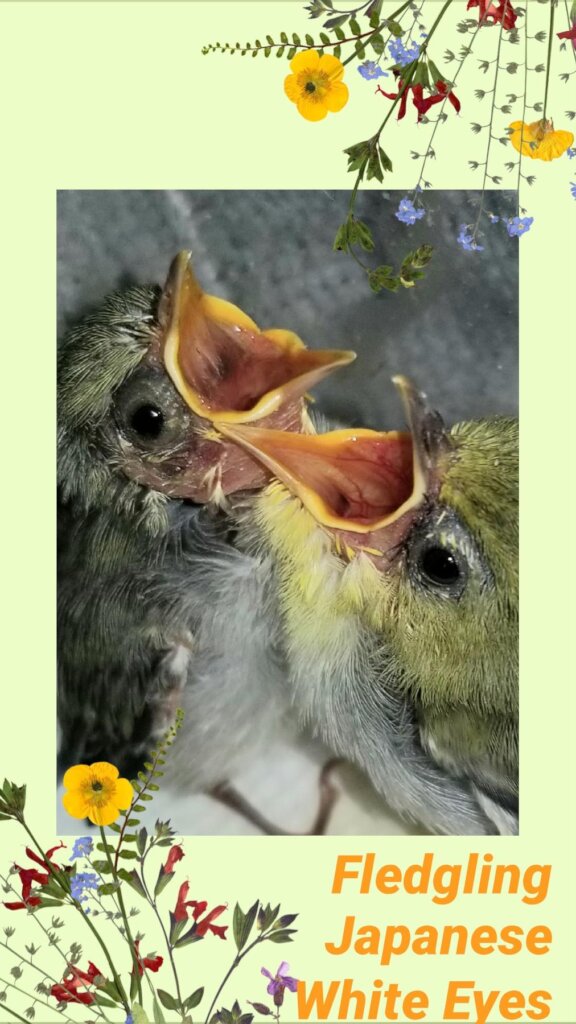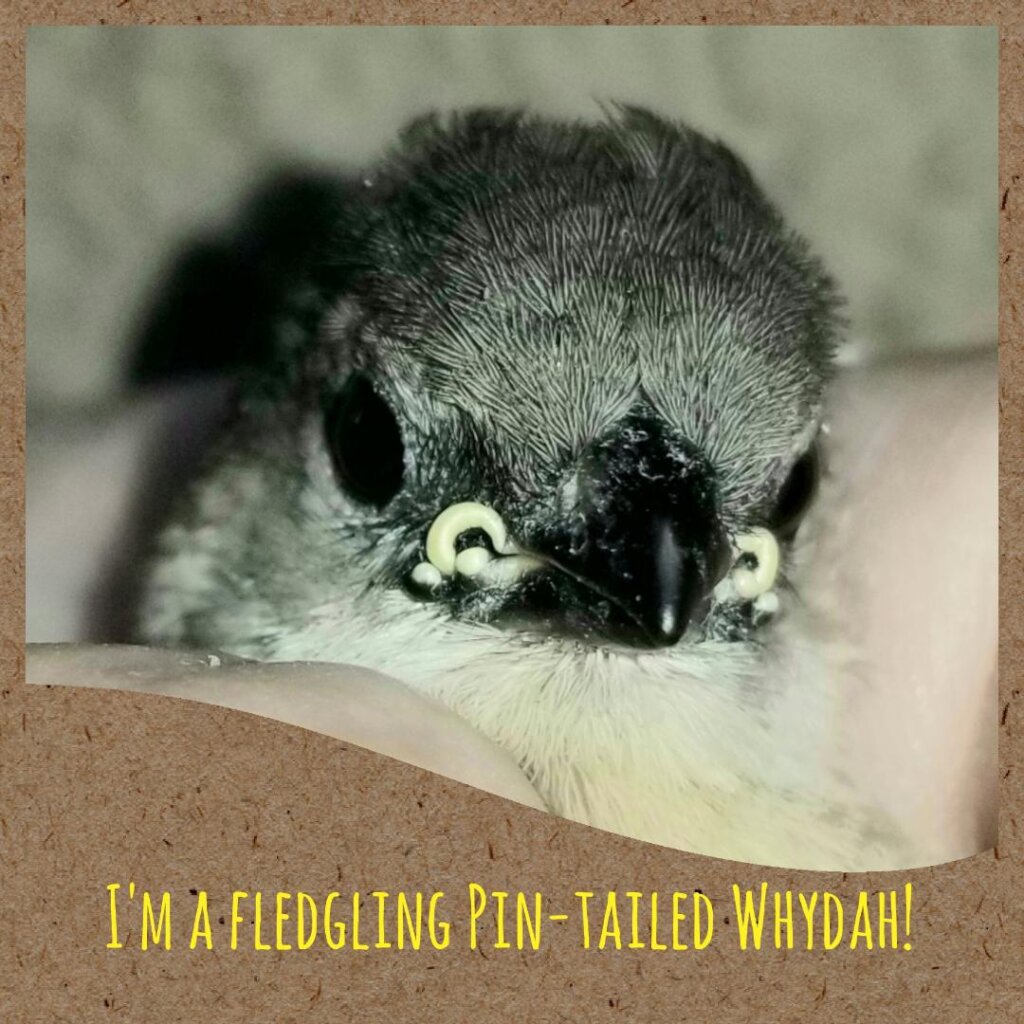By Teresa (Terry) Whatley | Founder / Director
Baby bird season here in Southern California has finally wound down for 2022. While the Rock Doves (feral pigeons) tend to raise babies all year long, the rest of the non-native species found in the wild in our area are done for this year. The last babies of the year were again Pin-tailed Whydahs with fledglings still coming in as recently as a week ago! As you probably know, we rescue and rehab non-native species of wild birds as well as domestic and exotic birds. The wild species don't get a lot of exposure, so this report is for them!
English House Sparrows are by far the most numerous of the babies we receive every year, and they are followed by the Rock Doves, Eurasian Collared Doves, Japanese White Eyes, European Starlings, and Pin-tailed Whydahs.
The babies of all these species are altricial as opposed to precocial.
Altricial birds (also known as nidicolous birds) remain in the nest and depend on their parents for food, heat, and protection. Altricial chicks are born with closed eyes, naked or with patches of down feathers, and unable to move away from the nest.
Precocial birds (also known as nidifugous birds) are born with open eyes, a well-developed down cover, and leave the nest within a day or two after hatching. Precocial chicks can walk, run, and swim after a few hours of hatching. They can find their food, but they are usually helped and protected by their parents.
While most of these altricial baby birds are actually pretty homely as hatchlings, they rapidly develop into quite darling nestlings and fledglings. As the term implies, hatchlings are baby birds that have recently hatched. As the baby grows and starts to develop, it becomes a nestling, and after a couple of weeks, it becomes a fledgling that is ready to leave the nest.
Some of the species that we rescue and rehab have fairly specialized diets that can become expensive to provide. Seriously, do you have any idea what thousands of waxworms and mealworms cost? Not to mention baby bird formula, seed, pellets, canned and dry pet food, nectar, fruit, and vegetables. Your generous financial support is so appreciated! Your support allows us to provide food, housing, and veterinary care for all the birds that come our way.
We hope that you will enjoy seeing some of our hatchling, nestling, and fledgling babies!
Project reports on GlobalGiving are posted directly to globalgiving.org by Project Leaders as they are completed, generally every 3-4 months. To protect the integrity of these documents, GlobalGiving does not alter them; therefore you may find some language or formatting issues.
If you donate to this project or have donated to this project, you can receive an email when this project posts a report. You can also subscribe for reports without donating.
Support this important cause by creating a personalized fundraising page.
Start a Fundraiser